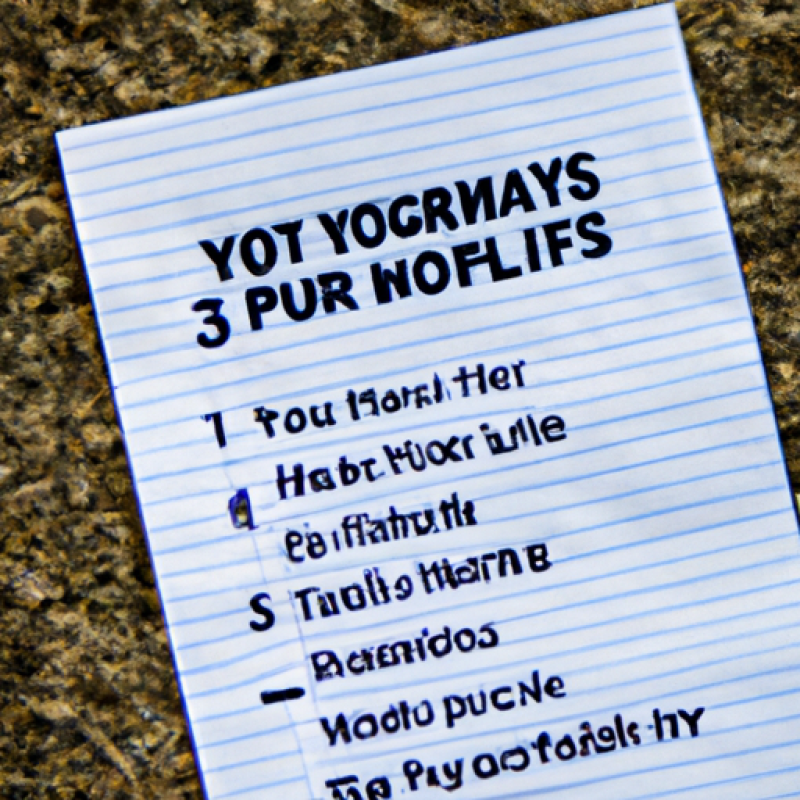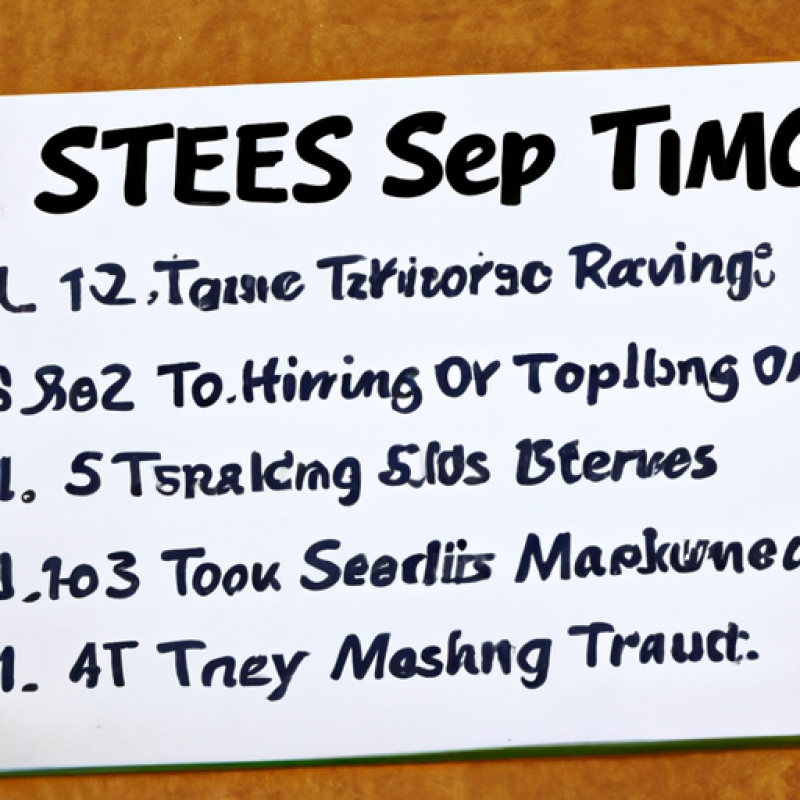Singapore is known for its efficient and transparent tax system, and property taxes are no exception. With the right knowledge and understanding, navigating Singapore’s property tax system can be a straightforward process.
Property taxes in Singapore are divided into two main categories: stamp duty and property tax. Stamp duty is a one-time tax that is paid when a property is purchased or transferred. It is calculated based on the purchase price or market value of the property, whichever is higher. Property tax, on the other hand, is an annual tax that is based on the annual value of the property.
When it comes to stamp duty, there are two types of rates that apply: residential and non-residential. Residential stamp duty is charged at a flat rate of 3% for all residential properties, while non-residential stamp duty is charged at a rate of 4% for all non-residential properties.
When it comes to property tax, the amount payable is based on the annual value of the property. The annual value is determined by the Inland Revenue Authority of Singapore (IRAS) and is based on the estimated annual rental income of the property. The property tax rate is determined by the type of property and ranges from 0.4% to 10%.
In addition to the two main types of property taxes, there are also other taxes that may be applicable. These include the Additional Buyer’s Stamp Duty (ABSD), Seller’s Stamp Duty (SSD), and Goods and Services Tax (GST).
The ABSD is a one-time tax that is payable by the buyer of a property. It is calculated based on the purchase price or market value of the property, whichever is higher. The rate of ABSD varies depending on the type of property and the buyer’s nationality.
The SSD is a one-time tax that is payable by the seller of a property. It is calculated based on the purchase price or market value of the property, whichever is higher. The rate of SSD varies depending on the type of property and the seller’s nationality.
Finally, GST is a consumption tax that is applicable to all goods and services in Singapore. It is charged at a rate of 7%.
Navigating Singapore’s property tax system can be a daunting task, but with the right knowledge and understanding, it can be a straightforward process. By understanding the different types of taxes that apply and the applicable rates, you can ensure that you are paying the correct amount of taxes on your property.







Discussion about this post